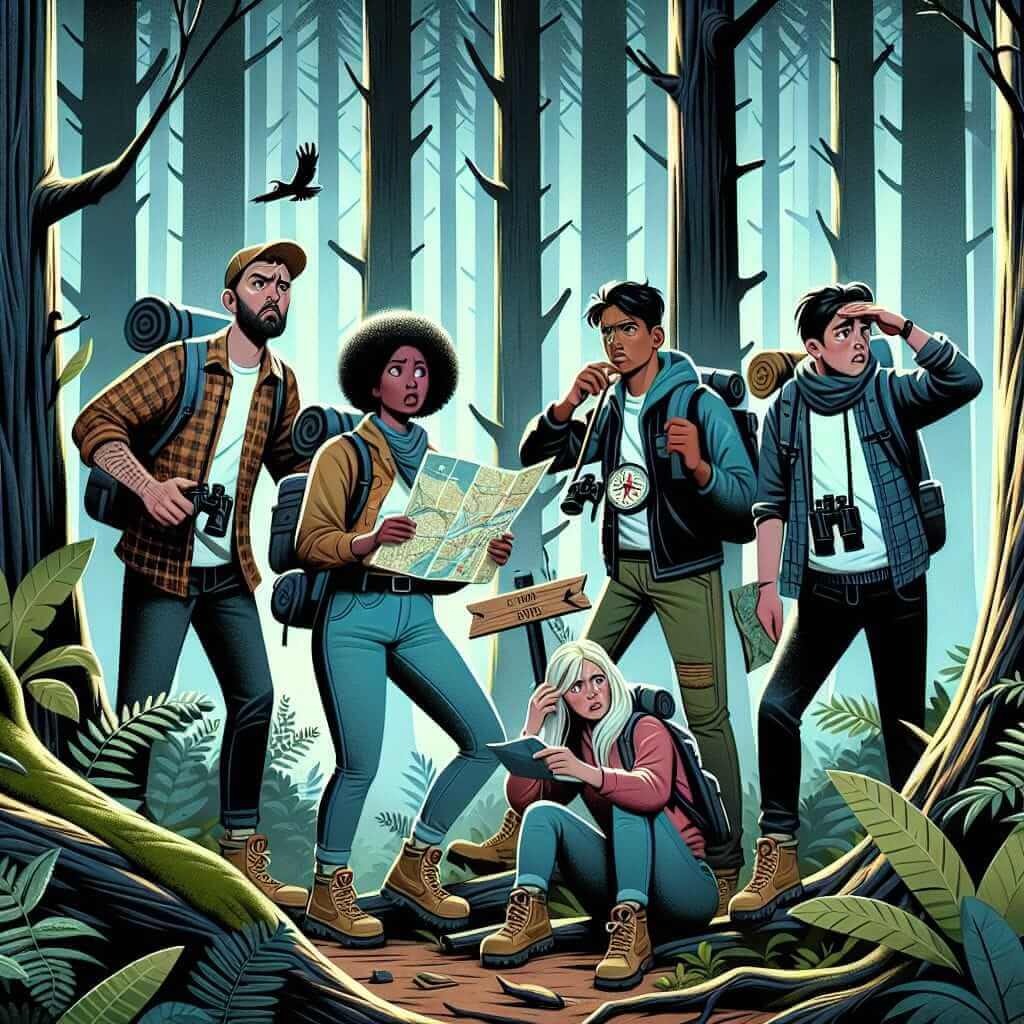Understanding how to navigate the IELTS Speaking section can significantly impact your overall score. One frequently encountered topic is “Describe a situation when you were scared.” In this article, we’ll break down how to approach this topic, providing example answers and detailed analyses to help you achieve the highest scores.
Understanding the IELTS Speaking Exam
The IELTS Speaking test assesses your speaking abilities through a structured interview divided into three parts. Knowing what examiners are looking for can help you better prepare your responses.
Part 1: Introduction and Interview
In this section, the examiner asks questions about familiar topics such as your home, family, work, studies, and interests.
Part 2: Long Turn
Here, you’ll receive a cue card with a topic and some bullet points. You have one minute to prepare and should then speak for up to two minutes.
Part 3: Two-way Discussion
This part involves more abstract questions related to the topic introduced in Part 2, allowing you to discuss your viewpoints and reasoning.
Common Questions for Part 1
- What do you do if you feel scared?
- Can you describe a time when you felt very afraid?
- How do you cope with fear?
Example Answer
Question: What do you do if you feel scared?
Answer: “When I feel scared, I usually try to take deep breaths and calm myself down. For instance, if I am scared of an upcoming test, I will practice mindfulness exercises to reduce my anxiety.”
Part 2: Long Turn – Cue Card
Cue Card Topic: Describe a situation when you were scared.
- You should say:
- When it happened
- Where you were
- Who you were with
- And explain why you were scared
Example Answer
Answer:
“One situation when I was genuinely scared happened about two years ago during a hiking trip. I was hiking in a dense forest with a group of friends, and we decided to take a shortcut. Unfortunately, this shortcut led us off the main trail, and before we knew it, we were lost.
It was late afternoon, and the forest was getting darker by the minute. Panic started to set in as we realized our phone batteries were running low, and there was no signal. I was engulfed by fear because the thought of spending a night in the wild was terrifying. However, we decided to stay put and make use of a whistle and a flashlight to attract attention.
We managed to find our way back to the trail after a couple of hours, thanks to a park ranger who heard our whistle. This experience taught me the importance of staying calm and making rational decisions under pressure.”
Bullet Points for Follow-up Questions:
- What did you learn from this experience?
- How do you think you will handle similar situations in the future?
Suggested Responses
Question: What did you learn from this experience?
Answer: “From this experience, I learned the importance of preparation and remaining calm in crisis situations. Now, I always ensure my phone is fully charged before heading out, and I carry a map and additional batteries.”
Part 3: Two-way Discussion
Examiner Question:
“Why do you think some people enjoy scary experiences like haunted houses or horror movies?”
Suggested Response:
Answer:
“I believe some people enjoy scary experiences because it gives them an adrenaline rush. These activities allow individuals to experience fear in a controlled environment, which can be thrilling. Additionally, facing fears in these settings can be a form of catharsis, helping people cope with stress and anxiety in their everyday lives.”
Key Vocabulary and Phrases
- Panic: A sudden overwhelming fear.
- Engulfed by fear: Completely overtaken by fear.
- Whistle: A small device that makes a loud sound when air is blown through it.
- Flashlight: A portable hand-held light source.
- Adrenaline rush: A sudden boost in energy and alertness due to a release of adrenaline.
- Catharsis: The process of releasing, and thereby providing relief from, strong emotions.
Tips for High Scores in the Speaking Section
- Practice Regularly: The more you practice speaking English, the more comfortable you will become.
- Use a Range of Vocabulary: Diversifying your vocabulary will help you avoid repetition and will display your language proficiency.
- Stay Calm and Composed: Nervousness can affect your performance, so find techniques to stay calm.
- Answer Fully: Develop your answers fully to show your ability to communicate in detail.
- Seek Feedback: Practice with a teacher or fellow IELTS candidate to get constructive feedback.
Conclusion
Successfully tackling the question “Describe a situation when you were scared” involves structuring your response well, using a rich vocabulary, and delivering your answer with confidence. With these strategies, you can significantly enhance your performance in the IELTS Speaking section.

For more practice topics and tips, you might find these links helpful:
- Describe a time when you had to manage a difficult situation
- Describe a time when you were frightened
By following these guidelines and practicing with the example provided, you can approach your IELTS Speaking test with greater assurance and the ability to achieve a high band score.